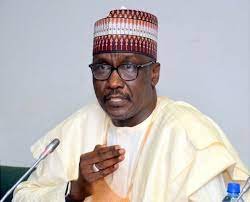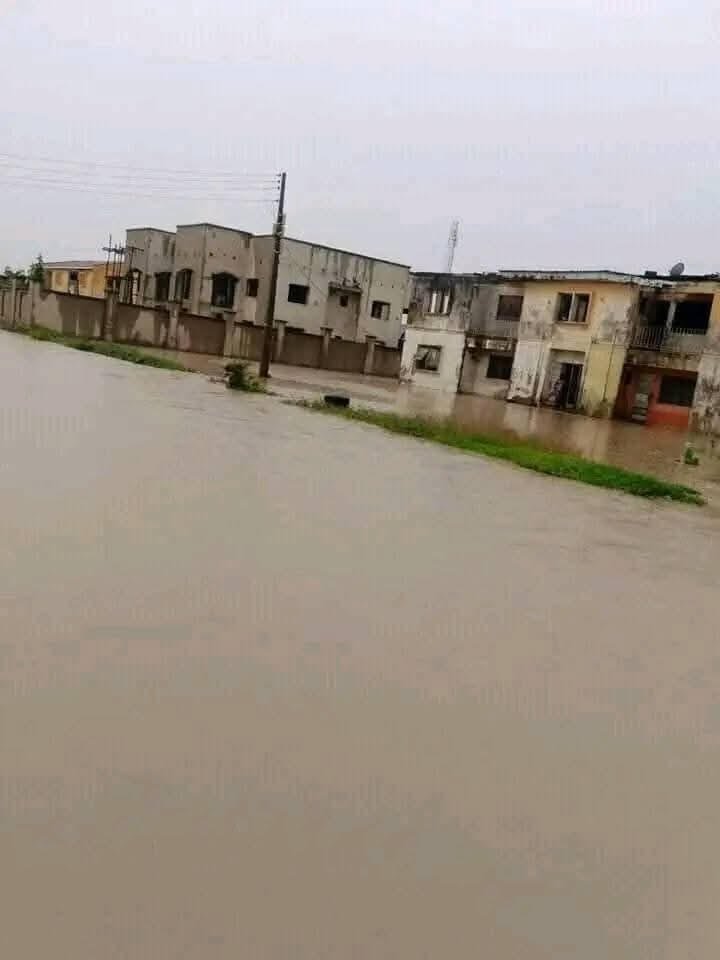There are indications of an imminent hike in the price of petrol as the Nigerian National Petroleum Company Limited (NNPCL) has admitted financial strain.
The looming pump price hike would be 4th within 15 months as information gathered from oil marketers suggest that the increase may be much sooner than being expected.
The NNPCL, which had repeatedly assured of sufficient reserve and urged against panic buying, yesterday acknowledged recent media reports about its significant debt to petrol suppliers.
The Corporation confirmed reports of significant debt to petrol suppliers, posing a threat to the company’s financial stability and the sustainability of fuel supply in the country.
In a press release dated September 1 and signed by Olufemi Soneye, Chief Corporate Communications Officer NNPC Ltd, acknowledged the financial strain and assured the public of its commitment to ensuring national energy security as the supplier of last resort, in line with the Petroleum Industry Act (PIA).
The company said it’s working closely with relevant government agencies and stakeholders to maintain a consistent supply of petroleum products nationwide.
This development came as the company faces significant costs associated with the supply of Premium Motor Spirit (PMS), highlighting the need for urgent action to address the financial strain and ensure the long-term sustainability of fuel supply in Nigeria.
The NNPC assured the public that it’s taking proactive steps to address the situation and maintain the stability of the energy sector.
The statement read, “NNPC Ltd. has acknowledged recent reports in national newspapers regarding the company’s significant debt to petrol suppliers.
“This financial strain has placed considerable pressure on the Company and poses a threat to the sustainability of fuel supply.
“In line with the Petroleum Industry Act (PIA), NNPC Ltd. remains dedicated to its role as the supplier of last resort, ensuring national energy security.
“We are actively collaborating with relevant government agencies and other stakeholders to maintain a consistent supply of petroleum products nationwide.”
Government officials have in the past two weeks been hinting that with the fluctuating exchange rate of the Naira against the dollar, it may not be possible to sustain the current official price of N617 per litre for petrol.
Since the past few weeks, long queues have resurfaced at most filling stations belonging to independent marketers in Abuja, Lagos and several other states across the country, where the product is being sold around N720 per litre, with many outlets dispensing the petro for as much as N1,000 per litre.
The price of petrol rose astronomically last year following the removal of subsidy on it by President Bola Ahmed Tinubu.
After series of denials, the Federal Government had, on June 5, 2024, admitted paying subsidy on petrol.
The Minister of Finance and Coordinating Minister of the Economy, Wale Edun, in a draft report of the Accelerated Stabilisation and Advancement Plan (ASAP) presented to Tinubu, revealed that the estimated expenditure on fuel subsidy for 2024 was N5.4 trillion, which is about N1.8 trillion higher than the amount spent in 2023.
Reuters had reported that Nigeria’s debt to petroleum products suppliers had surpassed $6 billion–doubling since early April this year–as the NNPCL struggles to cover the gap between fixed pump prices and international fuel costs.
After series of denials, the Federal Government had, on June 5, 2024, admitted paying subsidy on petrol.
The Minister of Finance and Coordinating Minister of the Economy, Wale Edun, in a draft report of the Accelerated Stabilisation and Advancement Plan (ASAP) presented to Tinubu, revealed that the estimated expenditure on fuel subsidy for 2024 was N5.4 trillion, which is about N1.8 trillion higher than the amount spent in 2023.
The NNPCL had informed the Federation Account Allocation Committee (FAAC) of an outstanding of N4.56 trillion for selling petrol at a subsidised price between August 2023 and June 2024.
This is according to documents from FAAC meetings in July and August. According to a report from a FAAC Post-Mortem Sub-Committee (PMSC) meeting, the outstanding amount is said to be unrecovered funds arising from exchange rate differentials on petrol importation.



